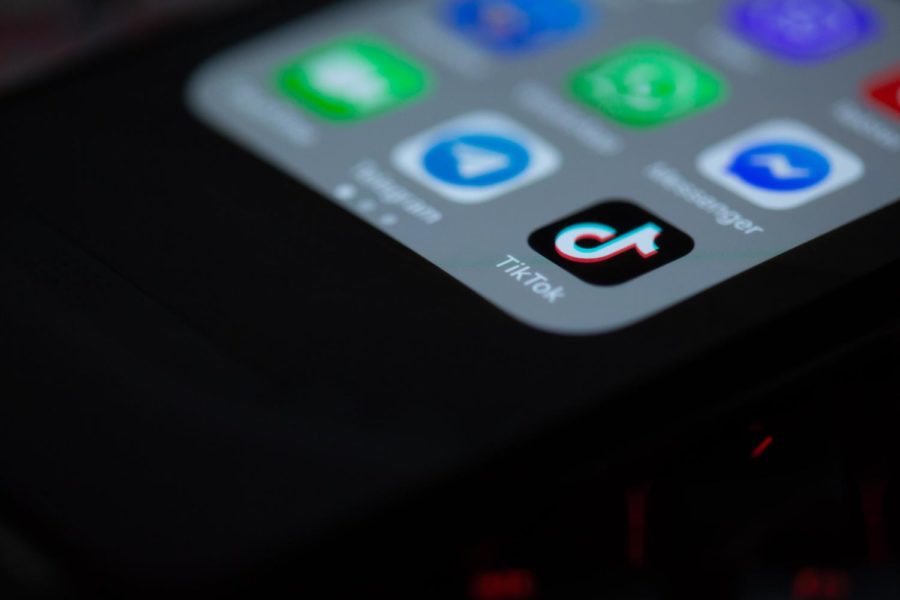Schmitt: The inevitability of TikTok’s addictiveness
November 2, 2021
After all the hours and hours I meaninglessly spent scrolling, I finally deleted TikTok. While I am only a few days through this recent cleanse, it is safe to say that I can live without the popular app.
Often I would find myself breaking out my phone to scroll to catch up on the latest mind-numbing videos that distract me from the reality of responsibility. Instead of reading a book, doing homework or going to sleep, I would be on the app when I shouldn’t be.
Don’t get me wrong, TikTok can be entertaining when watching the latest trends or educational videos that users follow. I even have to credit the app’s shifty algorithm that engages me in nerdy videos involving Harry Potter or the Lord of the Rings to keep me on the app longer. It was almost impossible to avoid hopping on the app at least once an hour for just a few minutes.
However, what tipped me over the edge to finally get me to delete the app after taking a deeper look into the consequences of spending too much scrolling through videos. A simple search on TikTok’s website revealed that there are nearly three billion views for videos with the hashtag depressed. While not all the videos include content relating to depression, imagine having an algorithm that only throws content at you that makes you not enjoy life.
The Wall Street Journal reported that doctors worldwide are discovering an influx of teenage girls developing tics, potentially coming from anxiety, depression and, you guessed it, TikTok. According to the study, girls experiencing tics are rare, but after months of studies, top pediatric hospitals in the U.S., Canada, Australia and the U.K. discovered that TikTok was the common denominator that factored into the equation.
The COVID-19 pandemic was hard on many, as millions were cooped up in their house to protect themselves from catching the virus. But, with many teenagers in isolation, TikTok served as a popular connection tool to continue interacting with the world, surpassing the popularity of other social media platforms. With over three billion downloads, TikTok’s revenue increased 457 percent year-on-year in 2020.
That means more eyes than ever delve into the app, with young people as the primary audience. As Facebook is under fire with Instagram promoting low self-esteem among teens, I am surprised how overlooked TikTok’s short attention set-up is as a concern for future depression rates.
Like eating, almost anything can be healthy when consumed in moderation. However, TikTok’s addictiveness makes it almost impossible to moderate screen time. A few seconds turn into a few minutes, which turn into a few hours. Even deleting the app does not allow you to escape from videos created on the app as they are shared all over Facebook, Twitter, Instagram and other apps, but deleting the primary offender of procrastination is an improvement.







